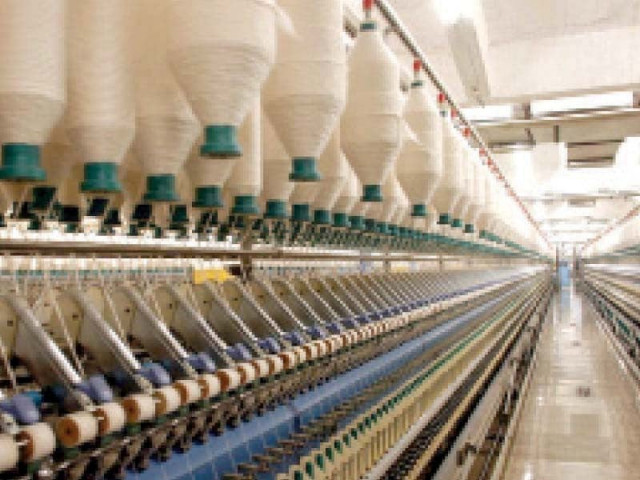Millers face threat from Finance Bill
Warn of devastating economic impact from regressive tax, customs measures

The All Pakistan Textile Mills Association (APTMA) has strongly protested the tax and customs-related measures proposed in the Finance Bill 2024 calling them ‘regressive’, ‘punitive’ and pose an existential threat to Pakistan’s textile industry.
A joint press conference was held by Chairman Asif Inam, ex-chairman Aamir Fayyaz, and Chairman North Kamran Arshad.
The textile sector contributes over 50% of total export earnings and employs 40% of the industrial labour force. The proposed measures will unequivocally destroy this vital sector, causing irreparable harm to Pakistan’s economic stability and export capacity, they said.
The representatives added that the withdrawal of zero-rating on local inputs for export manufacturing will significantly disadvantage domestic producers of intermediate goods like yarn and cloth. This regressive measure will reduce domestic value addition in exports, as exporters will favour duty-free and sales tax-free imported inputs over expensive local ones, undermining the competitiveness of domestic manufacturers, they lamented.
The proposed 2% advance tax on turnover, adjustable against a 29% tax on income (effectively 39% after super tax), will deplete liquidity and profitability in low-margin, high-volume businesses like textiles. This excessive tax burden, coupled with high operational costs, will erode the competitiveness of Pakistani exporters, driving customers to countries with more favourable tax policies.
They added that the Finance Bill 2024 fails to address the liquidity crisis in the textile sector, where firms are on the brink of bankruptcy due to high borrowing and operational costs. The government’s failure to release outstanding dues under various refund regimes has exacerbated this crisis, they said, adding that, immediate allocation of funds to clear these dues is essential to prevent further insolvency and support industry liquidity.
They stated that exporters are being unjustly marginalised and treated worse than domestically oriented industries, which is pure discrimination. Pakistani manufacturers are already operating at a severe competitive disadvantage due to the highest tax rates, energy prices, and other operational costs in the region.



1733130350-0/Untitled-design-(76)1733130350-0-208x130.webp)















COMMENTS
Comments are moderated and generally will be posted if they are on-topic and not abusive.
For more information, please see our Comments FAQ